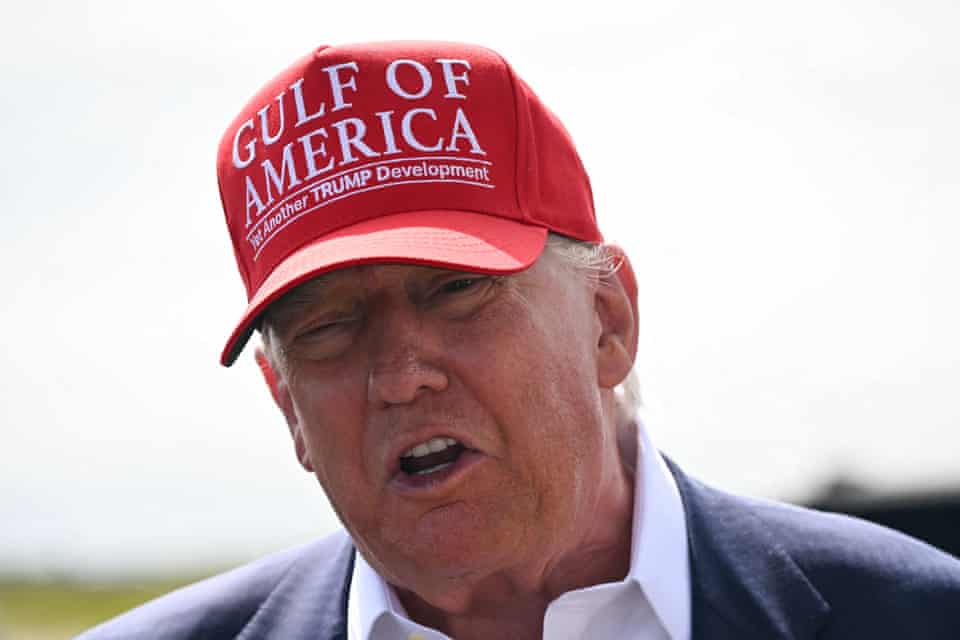Donald Trump’s latest bid to win the Nobel Peace Prize has stirred fresh controversy in diplomatic and academic circles, with insiders and experts warning that his leadership style and foreign policy record conflict with the spirit and intent of the prestigious global award.
The U.S. president has mounted an unusually public campaign, placing intense pressure on the Norwegian Nobel Committee , the five-member body responsible for awarding the prize, claiming that it would be “an insult to the United States” if he were not chosen. Mr. Trump has repeatedly insisted that he deserves recognition for what he calls “historic peace achievements.”
Posting on his social media platform, Truth Social, the U.S. president said he had “solved six wars,” including those between Israel and Arab states, India and Pakistan, Rwanda and Congo, Armenia and Azerbaijan, and Thailand and Cambodia. He also pointed to the 2020 Abraham Accords, which normalised relations between Israel and several Arab nations, as evidence of his peace credentials.
Read Also:
Hamas rejects Trump Blair proposal to govern Gaza after ceasefire deal
Young Noble of Tupac’s Outlawz dies in suspected suicide
However, many analysts have dismissed these claims as exaggerated. Several of the supposed deals either failed to materialise or have since unraveled amid renewed hostilities. Critics argue that while Trump has occasionally played a mediating role, his approach to diplomacy, marked by unpredictability, sanctions, and nationalist rhetoric has often deepened global divisions rather than healed them.
According to sources familiar with the Nobel Committee’s internal discussions, Trump’s record on foreign aid, trade wars, and climate policy poses serious obstacles to his candidacy. “It’s difficult to make a case for someone like Donald Trump,” said one insider. “If you take things like the slashing of U.S. Aid, the tariffs policy, and the way he speaks about other nations, it doesn’t reflect the ideals of the Nobel Peace Prize.”
Asle Toje, one of the Nobel Committee’s five sitting judges, issued a thinly veiled warning against lobbying efforts, saying such campaigns rarely succeed. “We talk about it on the committee,” he said. “Some candidates push for it really hard — and we do not like it.”
Another expert, Nobel historian Asle Sveen, was even more dismissive. Writing in Norway’s Aftenposten newspaper, he quipped that Trump would only win the award “if the committee had a nervous breakdown.”
The deliberations of the Nobel Committee, appointed by Norway’s parliament are conducted in strict secrecy and will remain sealed for 50 years, meaning that discussions surrounding Trump’s nomination will not be made public until 2075.
Despite the skepticism, some observers suggest that Trump’s recent success in brokering a ceasefire between Israel and Hamas could bolster his chances in the future. His administration has leaned heavily on Qatar and Turkey to apply diplomatic pressure, with Trump even offering “Article-5-like” security guarantees to Gulf nations as part of his Middle East peace drive.
One insider acknowledged the significance of the effort, saying: “If it’s clear that Trump was part of such a lasting peace deal, it would be a challenge and even a headache for the committee. They would have to decide how to respond if a controversial figure achieved a genuine breakthrough.”
The Nobel Peace Prize has a long history of contentious recipients, from Henry Kissinger during the Vietnam War to Yasser Arafat after the Oslo Accords. But critics say Trump’s record marked by confrontational diplomacy, deep political polarization, and aggressive foreign policy, makes his case fundamentally different.
The 2025 Nobel Peace Prize winner will be announced on Friday from a list of 338 nominees. Regardless of the outcome, Trump’s unrelenting campaign ensures that his pursuit of the world’s highest peace honour — and the global debate it provokes — will continue to dominate headlines long after the announcement is made.



